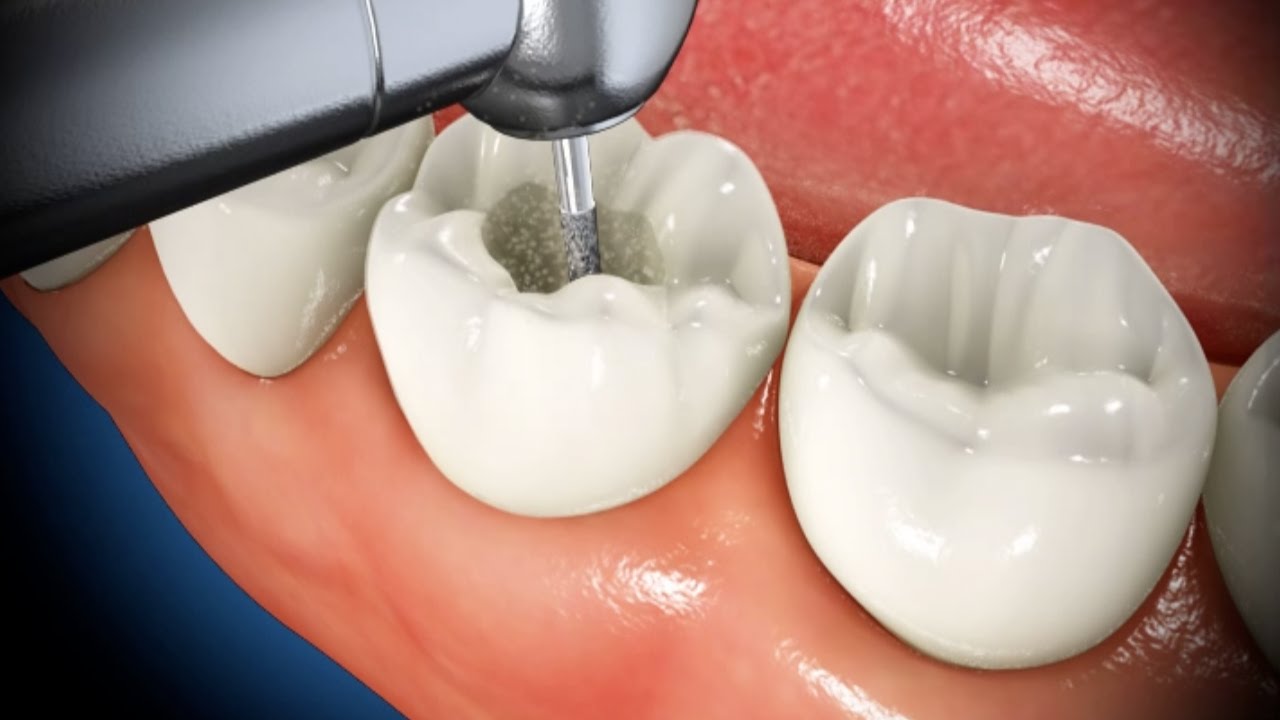Dental caries, commonly known as tooth decay or cavities, are one of the most common diseases worldwide. It is caused by bacteria in the mouth that feed on sugars and starches, producing acids that damage tooth enamel over time. If left untreated, it can lead to pain, infection, and even tooth loss. Thankfully, advances in dental caries treatment options have made it possible to effectively treat tooth decay and prevent further damage.
Causes and Risk Factors of Tooth Decay
Tooth decay occurs when acid produced by plaque bacteria eats away at the hard outer layer of the tooth called enamel. Some of the main risk factors that can increase one’s chances of developing cavities include:
– Sugary foods and drinks: Bacteria feeds on sugars and starches, producing acid that attacks tooth enamel. Frequent snacking on sugary items increases risks.
– Poor oral hygiene: Not brushing and flossing regularly allows plaque to build up, increasing acid production by bacteria over time.
– Certain medications: Some medications like inhaled steroids can reduce saliva flow, increasing caries risk in Dental Caries Treatment. Saliva helps neutralize acids and wash away food particles.
– Age: Tooth decay risk increases with age as enamel naturally wears away over time from exposure to acids. Children and teens are also at high risk due to developing permanent teeth.
– Genetics: Some people are naturally prone to cavities due to thinner enamel or dry mouth from conditions like Sjögren’s syndrome. Family history of tooth decay is a predictor.
Stages of Tooth Decay and Treatment Options
Early Stage Cavities
For small, just-starting cavities that have not reached the inner layers of the tooth, preventive resin restorations or sealants may be all that is required. These protective plastic fillings or coatings seal off vulnerable tooth grooves and chewing surfaces, preventing acids from further damaging enamel. No drilling is required.
Moderate Stage Cavities
At this stage, the cavity has progressed deeper but not yet reached the nerve. The infected enamel and some dentin will need to be removed via minimal tooth drilling. The prepared cavity area will then be filled, usually with white resin materials that match the natural tooth color. This is a routine filling procedure that takes 20-30 minutes.
Advanced Cavities
Larger, deeper cavities penetrating closer to the nerve require more extensive drilling to completely remove the decayed and infected portions of the tooth. After ensuring all the decay is excavated, the resulting larger cavity space needs to be filled, usually with silver or tooth-colored amalgam or composite fillings. A temporary filling may be placed initially if follow up appointments are needed.
Root Canal Treatment
When the cavity has extended all the way down to the soft inner pulp, infection of the nerve (pulpitis) has occurred necessitating root canal treatment to save the tooth. The infected pulp tissue must be completely removed and the inside of the tooth sterilized and sealed off. Following cleaning and shaping of the internal tooth canals, they will be filled with gutta percha to prevent future reinfection. A crown may later be placed for added strength and protection.
Oral Hygiene and Prevention Tips
Practicing good oral hygiene is key to preventing new tooth decay from forming as well as halting progression of existing cavities:
– Brush twice daily with fluoridated toothpaste: Fluoride helps strengthen enamel and repair early signs of demineralization.
– Floss once daily: Flossing removes plaque from between teeth and under gumline that brushing misses.
– Limit snacking frequency: Fewer acid exposures from sugars throughout the day helps reduce risks.
– Drink water after eating: Rinsing with water raises pH levels and washes away food debris.
– Consider fluoride applications: Professionally applied gels, varnishes or prescription strength rinses offer added fluoride benefits.
– Regular dental cleanings: Checkups every 6 months catch problems early and allow professional removal of tartar buildup.
With early diagnosis and appropriate treatment of dental caries based on stage of disease, alongside diligent plaque control habits at home, tooth decay causes can be reversed and further progression prevented. Maintaining good oral health is important for a healthy, confident smile.
*Note:
1. Source: Coherent Market Insights, Public sources, Desk research
2. We have leveraged AI tools to mine information and compile it


